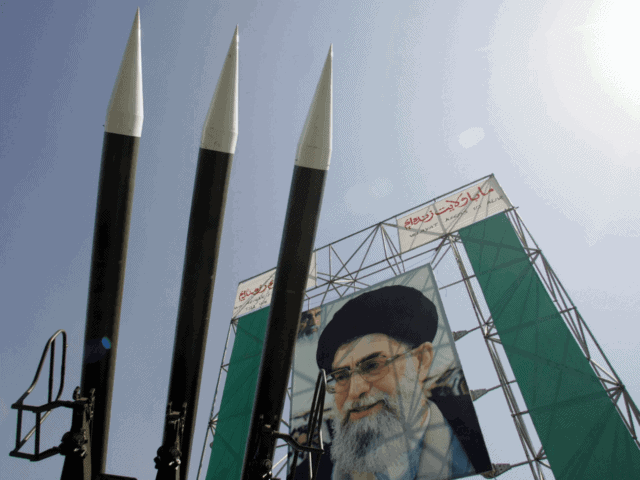Iran Boasts of Underground ‘Missile Cities’ Along Persian Gulf Coast

The commander of Iran’s Islamic Revolutionary Guard Corps has touted underground “missile cities,” along the Gulf coastline.
Navy Rear Admiral Alireza Tangisiri announced the construction of new underground “missile cities” Sunday, as he warned that they would be a “nightmare” for Iran’s “enemies.”
“We have missile-launching floating cities which we will display whenever our leaders see fit,” Tangsiri told the Sobh-e Sadegh weekly.
Tangsiri also referred to the new missile cities as “underground cities that house vessels and missiles.”
He added that southern Iran’s entire shoreline has weapons.
The weapons, mostly in the hands of the IRGC, include units of Basij and 428 flotillas operating along the coastline and concentrated along the Persian Gulf, according to state media reports.
The boasting comes in the aftermath of a fire Thursday at Iran’s Natanz nuclear complex.
Atomic Energy Organization of Iran spokesman Behrouz Kamalvandi said the incident damaged one of the under-construction sheds at the complex and there were no casualties or damage to current activities at the nuclear facility.
However, the New York Times has reported that since then the government has acknowledged that the incident caused significant damage, which will set back Iran’s nuclear program by months.
Furthermore, the Jerusalem Post cited an Arabic-language daily newspaper, Kuwait’s Al-Jarida, which said an Israeli cyberattack struck Iran’s Natanz Nuclear Facility on Thursday. According to the the Kuwaiti paper, the explosion and another explosion near Parchin targeted UF6 gas storage used for uranium enrichment and Iran has now lost 80 percent of its stock of this gas.
The touting of “missile cities” also comes after state media reported that Iran successfully test fired short and long-range cruise missiles in a naval exercise in the Oman Sea and northern Indian Ocean last month, hitting targets at a distance of about 174 miles.
On the other hand, Iran in May shot a missile that mistakenly hit its own ship during naval exercises in the Sea of Oman, killing at least 19 sailors and injuring 15 others, according to Islamic Republic News Agency.
Photo: ATTA KENARE/AFP/Getty




